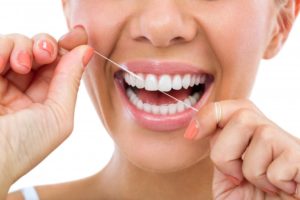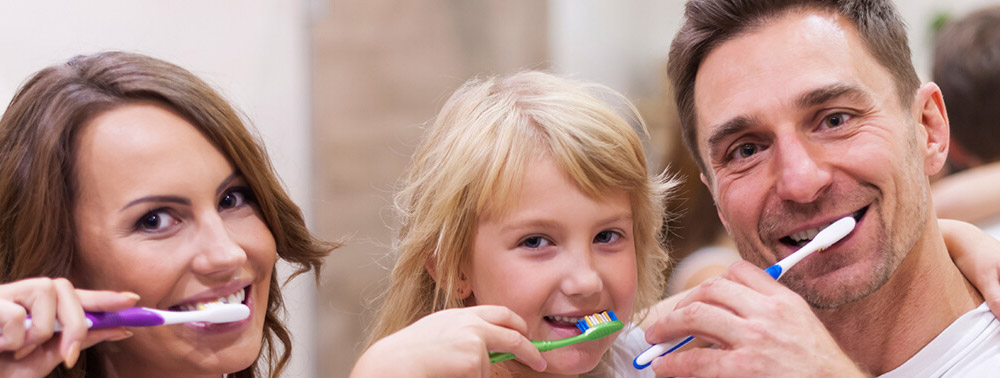Is Flossing Really That Important? A Dentist Near Joseph Says Yes
July 25, 2019

Most of us don’t floss as much as we should. It’s understandable. Flossing can be a bit of a hassle, and many of us don’t want to take the time to brush and floss regularly. Because flossing doesn’t make your mouth feel as clean as brushing does, you might think that it isn’t as important. That’s actually false. Let’s talk about why your dentist near Joseph, OR says it’s critical to floss, and what can happen if you don’t do it.
Is Flossing Really That Important?
A few years ago, the Associated Press released an article stating that, contrary to what dental professionals have been saying for decades, flossing isn’t that effective at preventing cavities and gum disease. However, the Journal of Dental Hygiene has proven that while flossing might not reduce plaque at 1 or 3 months, it can reduce gingivitis at 1, 3, and 6 months. What exactly does this mean for your oral health?
What Happens If I Don’t Floss?
Neglecting to floss puts you at risk for 2 major dental issues: cavities between your teeth, and gingivitis. Flossing removes bacteria from between your teeth that, when left unchecked, eat away at your enamel and form cavities. Gingivitis is caused from bacteria in plaque irritating the gum tissue, causing it to bleed easily.
If gingivitis is not treated soon enough, it can progress into periodontitis, or gum disease. At this stage, bacteria can form pockets in between your teeth and the gum and bone structures that support them. This can make your teeth feel loose and eventually even fall out. Gum disease has also been linked to multiple other disorders, including diabetes, heart disease, Alzheimer’s, and birth complications in pregnant women. This is because the bacteria characteristic of gum disease can travel through the pockets that they created in your gums to reach your bloodstream. From there, they can wreak havoc on other parts of your body, such as your heart, lungs, and even your brain. Regular flossing, as well as brushing, is one of the major ways to prevent these complications.
How Can I Protect My Oral Health?
Floss at least once a day, ideally right before you go to bed in order to prevent plaque buildup while you’re asleep. It doesn’t really matter whether you floss before or after you brush, as long as you floss at all. If you’re having trouble reaching the teeth in the back of your mouth, they make individual floss picks or water flossers that allow you to clean between your molars.
Flossing might seem like an annoying habit to start, but once you build the habit, it will be easy to keep up with it. Your teeth and gums will thank you in the future!
About the Author
Dr. Tyler Schaffeld received his Doctor of Dental Medicine degree from Oregon Health and Science University in 2013 and graduated second in his whole class. He loves building relationships with all of his patients at his private practice in Enterprise, Oregon. To ask him for more advice on how to floss, contact him at (541)-426-3783.
No Comments
No comments yet.
Sorry, the comment form is closed at this time.





